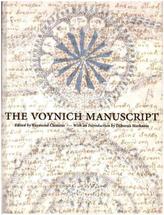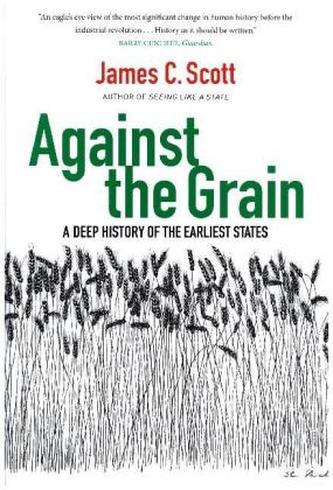Against the Grain
596 Kč
Sleva až 70% u třetiny knih
An account of all the new and surprising evidence now available for the beginnings of the earliest civilizations that contradict the standard narrative. Why did humans abandon hunting and gathering for sedentary communities dependent on livestock and cereal grains, and governed by precursors of today's states? Most people believe that plant and animal domestication allowed humans, finally, to settle down and form agricultural villages, towns, and states, which made possible civilization, law, public order, and a presumably secure way of living. But archaeological and historical evidence challenges this narrative. The first agrarian states, says James C. Scott, were born of accumulations of domestications: first fire, then plants, livestock, subjects of the state, captives, and finally women in the patriarchal family-all of which can be viewed as a way of gaining control over reproduction. Scott explores why we avoided sedentism and plow agriculture, the advantages of mobile subsistence, the unforeseeable disease epidemics arising from crowding plants, animals, and grain, and why all early states are based on millets and cereal grains and unfree labor. He also discusses the barbarians who long evaded state control, as a way of understanding continuing tension between states and nonsubject peoples.
| Autor: | Scott, James C. |
| Nakladatel: | Yale University Press |
| Rok vydání: | 2017 |
| Jazyk : | Angličtina |
| Vazba: | Hardback |
| Počet stran: | 336 |
Mohlo by se vám také líbit..
-

Franz Kafka
Friedländer, Saul
-

Astrid Lindgren
Andersen, Jens
-

It's Complicated The Social Live...
Boyd, Danah
-

Inadvertent
Knausgaard, Karl Ove
-

Walden
Thoreau, Henry D.
-

The Voynich Manuscript
Clemens, Raymond
-

Interaction of Color, English edition
Albers, Josef
-

Intelligence in the Flesh
Claxton, Guy
-

The Complete Rolling Stone Interview
Sontag, Susan
-

Alexander McQueen - Savage Beauty
Bolton, Andrew
-

Why Marx Was Right
Eagleton, Terry
-

Hitler`s Monsters - A Supernatural Hi...
Kurlander, Eric
-

The Brilliant History of Color in Art
Finlay, Victoria
-

Fundamentals of Physics II
Shankar, R.
-

Epidemics and Society
Snowden, Frank M.
-

The Ukrainians: Unexpected Nation
Wilson, Andrew





